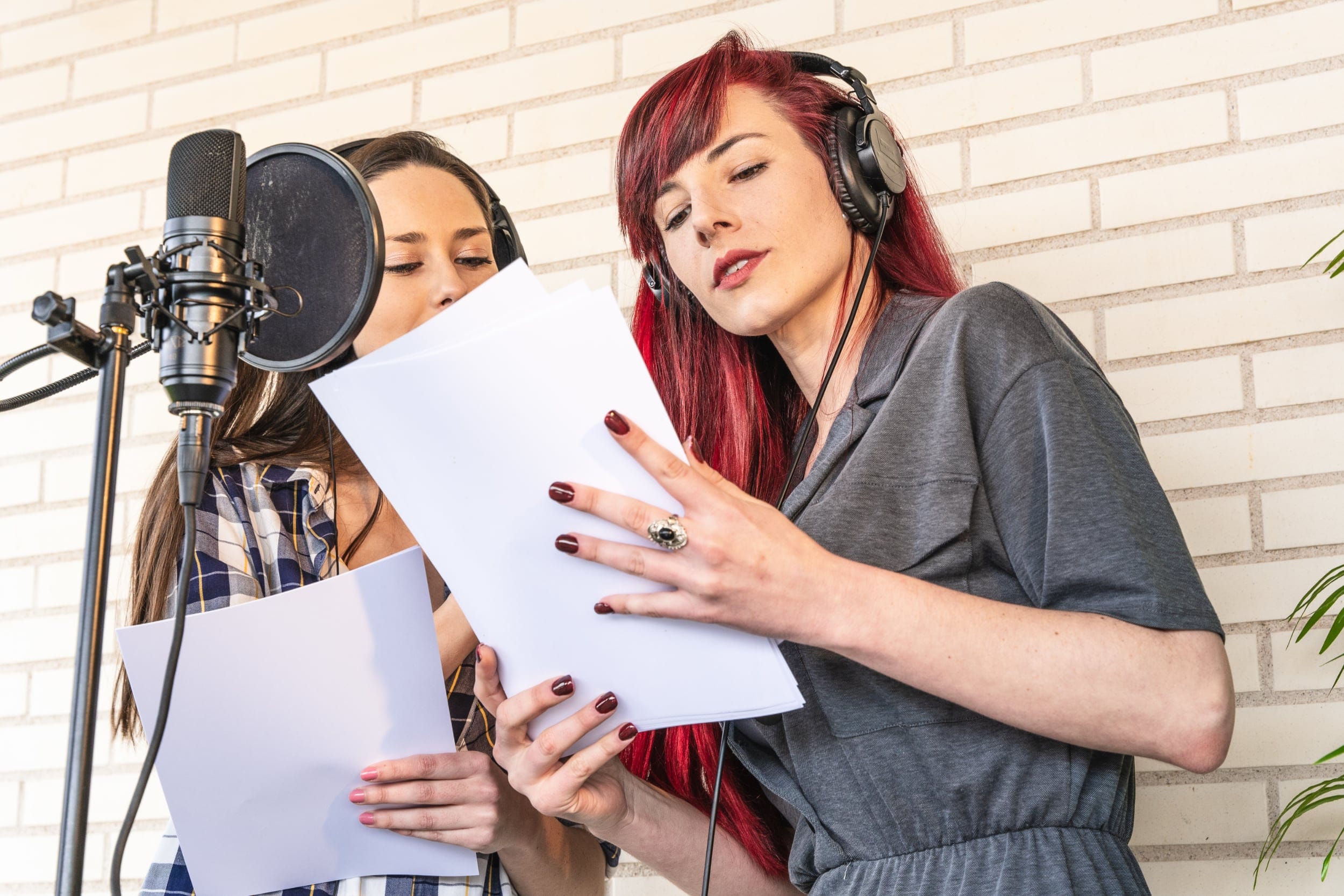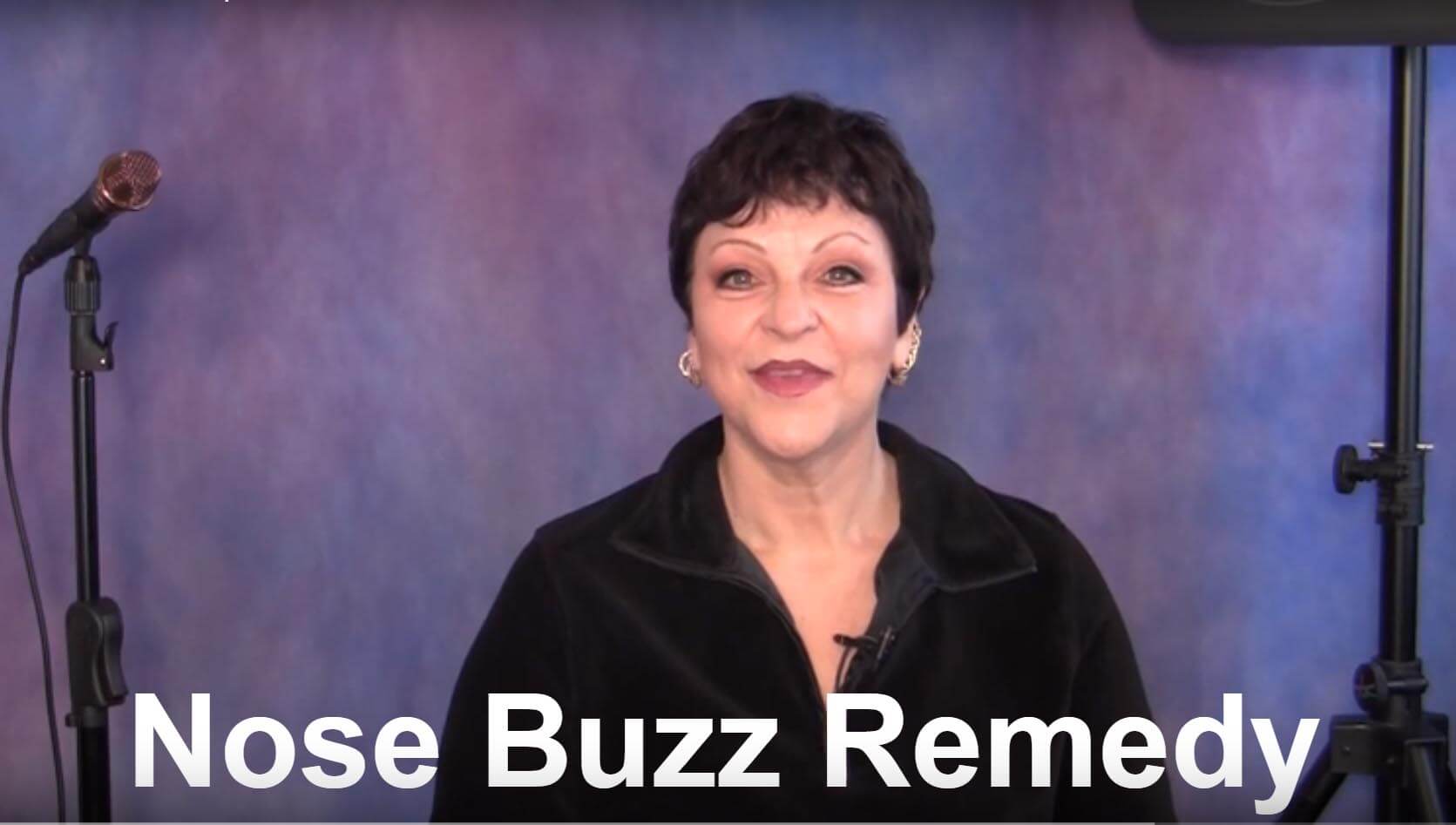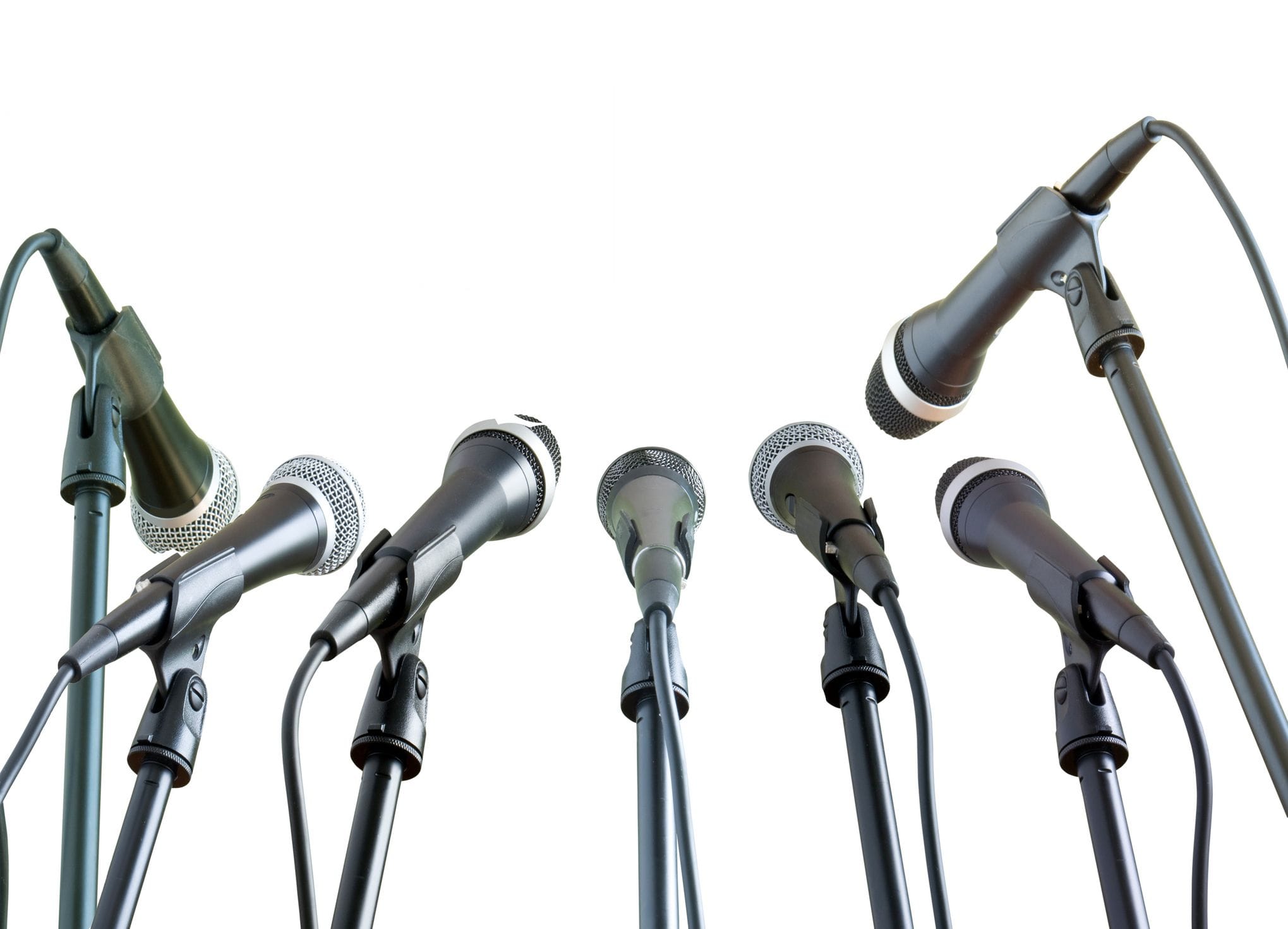(Excerpted from “Singer’s Guide to Powerful Performances” eBook by Jeannie Deva.)
Do you get stage fright? Stage fright is often a performer’s nightmare, and if obvious, an audience’s let-down. The manifestations can vary from person to person, but the net result is the same: lousy. If you are not plagued by such a malady, Congratulations! But for those who are, let’s have a “heart-to-heart” talk. Stage fright and performance anxiety is certainly something that you can do better without – But how?
The Power of the Singer.
As singing is a form of verbal communication, the audience will usually want to give you (rather than other band members) their primary attention. If you are a back-up singer, even though you are not the main focal point, what I am about to describe applies to you as well. The mechanics are simple. When you sing, you are the originator of the communication. The audience receives your communication. When you have completed your communication (the end of the song or show), the roles are reversed. The audience gives back to you through applause and other forms of acknowledgment (whistling, hooting, and hollering).
Your basic action as the performer is to send communication out from you to the individuals in your audience. Notice the two directions of energy flow:
1. You give to the audience and the audience receives = Outward from you = Inward to the audience.
2. Then Outward from the audience = Inward to you.
(By the way, this is why it can seem unfulfilling when playing a gig where you’re hired to be background music in a restaurant or bar. The audience will not always acknowledge you through applause; you can feel like no one hears you and that you are not creating a worthwhile effect – even though you are creating an ambient atmosphere favored by the clients.)
Who’s Looking at Who?
When you stand on the stage or performance area, you see or sense your audience looking at you. Without realizing it, many performers find themselves coupling with the audience’s point of view and put their attention inward on themselves. Now, everyone – including the performer – is looking at the performer! “Looking at yourself” introverts you – by which is meant, your attention is directed inward on yourself too closely. This locks you up. It’s like building a wall right in front of your face. Have you ever had this experience? It is difficult if not impossible to project, much less maintain “stage presence,” when in this state.
This self-consciousness is usually accompanied by a projection of negative thoughts – usually your own worst fears – into your audience. “They think I look stupid,” “They don’t like how I sound,” and other negative expectations. An audience member frowns. Although due to his indigestion, you take it personally. You see two people in the audience talking. Although they are saying how much they like your voice, you think they’re criticizing you. So there you are, having put yourself in a position whereby you are supposed to be creating and controlling the experience and instead, letting your own negativity psychologically control you. Here is one of several exercises that help reduce stage fright and gain control.
EXERCISE – Make the Performance Space Your Own.
To help calm any pre-performance jitters, do this: Prior to the show, walk through your performance space and touch the objects that are in that space. Start with the area in which your audience will sit (or stand). When you are satisfied that you have made the space your own, do the same with the stage or area from which you will be performing. Look at the stage from the audience space and then look at the audience space from the stage. The idea is to make the entire room familiar and your own. You should not feel like a stranger in your own performance space.
When the audience arrives, they should arrive into your room. The audience is coming into your space. You are allowing them to come into your space. This is your show. It’s like throwing a party in your own home. These are your invited guests and you are the host. When you have thoroughly investigated the audience space as well as the stage, do the same back-stage if there is one. Even if you have played the venue before, it can be surprising how much this exercise can help if you do it just before any show.
Performance Energy
A pre-performance jitter is not necessarily stage fright. Performing takes more energy than many other activities. As you get ready to get up and “do it,” you may experience your body preparing by increasing adrenaline; energizing your instrument. Tap into this energy. Applying the information and exercises in this book will help you take control of stage fright and turn anxiety into your own performance power.
It’s your turn to take control!







Leave A Comment
You must be logged in to post a comment.